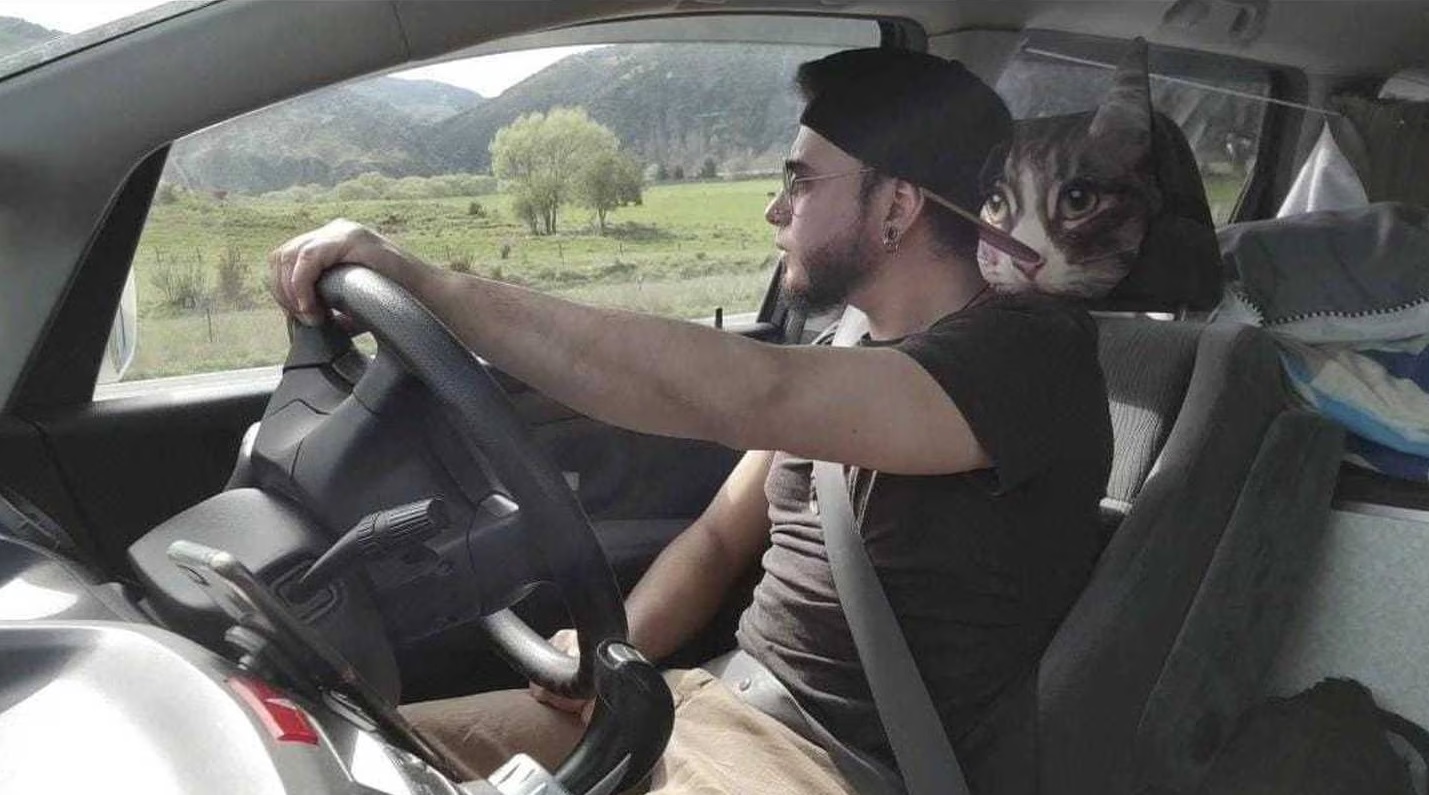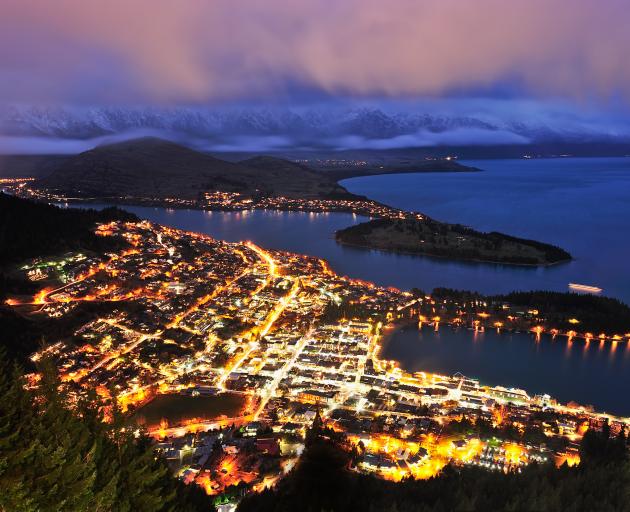
Despite hundreds turning out to protest Queenstown’s dire housing situation earlier in the year, and urgent talks with government agencies to tackle the crisis, many local workers are still sleeping in cars, over-priced dorms, and on couches.
The New Zealand Herald has even heard reports of an entire company’s workforce sleeping in cars and vans.
Diego Leon, who works at a local juice bar, now calls his Honda Odyssey car his home.
Originally from Colombia, Leon stayed in Auckland when he first came to New Zealand.
He moved to the South Island’s tourism capital ten months ago unaware of the lifestyle woes that lay in store.
“When I lived in Auckland, I thought moving to the township would be easy because there are lots of places available in Auckland,” he told the Herald.
“I didn’t imagine life here would be so hard.”
The median rent in Queenstown now sits at $700 a week, and nearly 90 percent of respondents to the district council’s housing action plan say property costs are the biggest barrier to sticking around.
Protests began in April and hundreds gathered on the waterfront to petition a lack of roofs over the locals’ heads.
Leon thought he had the housing complexity all figured out by switching between hostels and storing belongings in his car. It was an approach that proved reliable to begin with.
His search for stable accommodation began but ended the way so many locals have found - messages sent to landlords and flats, only to find his application was among an endless stack of others.
“After a week, I’d be told, ‘Sorry, I’ve had lots of requests and I’ve found someone’. It’s always like that, it’s like - what can I do?” he said.
Then winter arrived, hostels reportedly increased their prices, and a squeeze on availability began.
Tourists began to flock to Queenstown from all over the world to experience the township’s beautiful landscapes and ski and snowboard.
Hostels were now impossible for Leon to access and the cost was now too high. So he retreated into his car to brave the winter cold in the streets.
Leon sleeps with five blankets on a mattress stretched over the back seats. His belongings are under the bed. He changes inside the cramped space before starting his daily shifts.

“I put a blanket over my face,” he said.
“The cold outside, it’s so heavy - sometimes when I breathe it feels like the cold when you stand in a freezer. When I put a blanket over my face, I feel more relief.”
Going to the toilet in sub-zero temperatures is “awful”, he says, but is vowing to stay positive.
“I’m getting stronger, I think that anything in the future is not going to destroy me. If I start thinking on the other side, I start to get depressed and things go bad,” said Leon.
“I think ‘It’s just for now’, that it will get better and it’s not eternal.”
Leon has been approved by his employer to be transferred to an Auckland store, but his work visa won’t permit him to pursue opportunities outside of the South Island.
He’s determined to claim residency status and working in Queenstown is his best shot at doing so.
When asked if the lifestyle was worth the work and outcome, he replies with a straight “No”.
“Before, yes. Queenstown is beautiful with lots of landscapes, there are not so many people, it’s a nice place to live. But when you’re in this situation you start to see things a different way.”
The Queenstown Housing Initiative, a lobby group kickstarted by two residents of the township, has been fighting for the Government to step in and take action.
Lindsay Paige, one of the founders, has been active in trying to raise awareness of the crisis.
She recently met with a ski rental business where all six workers slept in vans or cars.
“All except one worker, he’d literally just booked a flight back to Australia because he’d had enough,” she said.
“People still live in cars, I get so many stories of people paying $600 a week for a hostel dorm... people leave after spending all their life savings in a month.”
She and co-founder Hannah Sullivan attended to advocate at a hui in June, where numerous Government agencies met to discuss the rental catastrophe plaguing the township.
The hui was organised by the Queenstown Lakes District Council but was attended by agencies including Kainga Ora, the township’s housing trust, and the Ministry of Social Development.
Kainga Ora’s regional director, Kerrie Young, said the agency presented information about its role in providing public housing in the township and how people are placed into our homes from MSD’s Housing Register.
“Kāinga Ora explores opportunities to increase the supply of public housing across Aotearoa based on need,” she said.
“This need is assessed through the Housing Register, which is why it is important anyone needing public housing applies to be included on the register.”
Young said the agency was making people aware of this step at recent events in the region.
The Ministry of Social Development’s regional commissioner Steph Voight acknowledged that housing affordability and supply are “strained”.
Voight said she was anecdotally aware of an increase in rental costs associated with boarding houses in Queenstown.
“Our role is to assess eligibility for public housing and to provide financial assistance to help our clients access and sustain long-term housing...We continued to engage with the community and community organisations,” she said.
MSD said it has attended two more meetings related to the issue this month.
Advertisement













